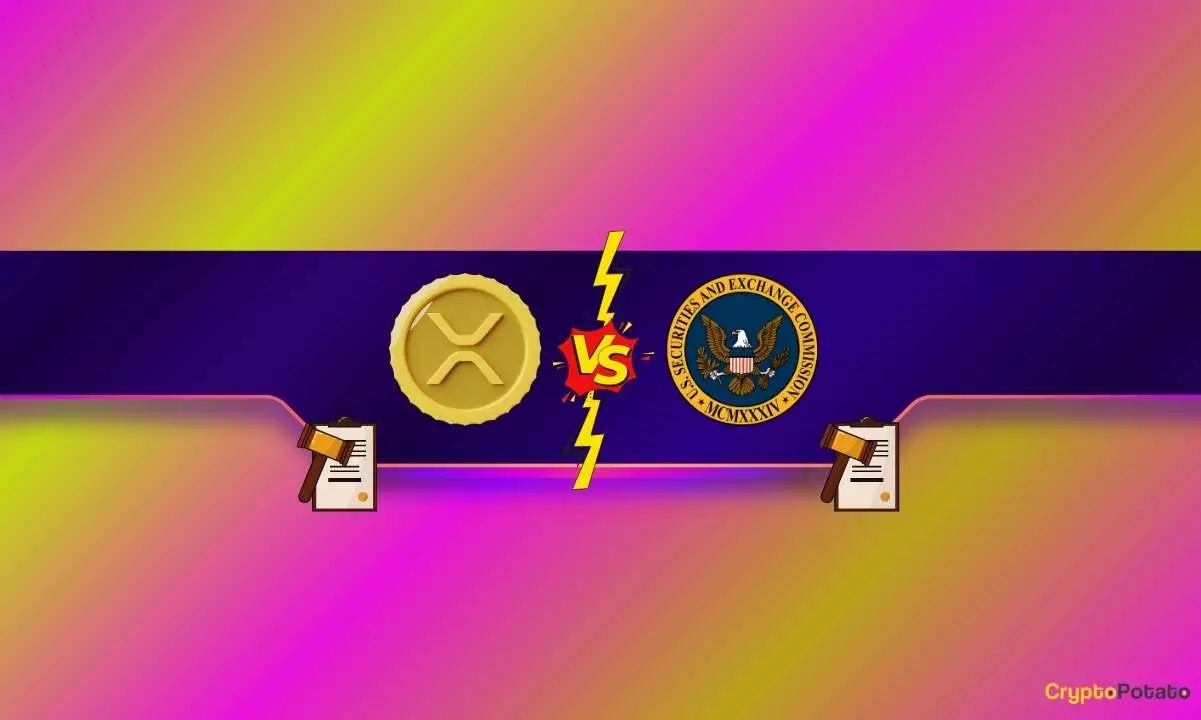The ongoing legal conflict between Ripple Labs and the U.S. Securities and Exchange Commission (SEC) has captured the attention of the cryptocurrency community and financial analysts alike. As the regulatory landscape for digital assets evolves, the outcomes of Ripple’s battles are set to have significant implications for the broader cryptocurrency market, especially for its token, XRP.
In early August, Judge Analisa Torres issued a crucial ruling that effectively stated that XRP sales on secondary markets to retail investors do not qualify as securities transactions. This determination was a monumental victory for Ripple, as it upheld the notion that the broader market for XRP is not classified under stringent securities regulations. However, this comes with a significant caveat: Ripple was also ordered to pay a $125 million penalty for certain violations related to its sales practices. While this fine was far less than the $2 billion initially sought by the SEC, it still underscores the harsh realities that innovative firms face in regulatory environments.
This duality embodies the complexities of the situation. Ripple may have gained a favorable ruling concerning XRP’s status, but the financial repercussions they must now navigate serve as a reminder of the SEC’s regulatory authority. This fine, albeit smaller than expected, signifies an admission of some wrongdoing, which may affect investor sentiment and Ripple’s standing in the market.
Despite the August ruling favoring Ripple to some extent, the SEC remains undeterred and has formally appealed Judge Torres’ decision. In a related move, Ripple’s Chief Legal Officer, Stuart Alderoty, stated that the firm has filed a cross-appeal to explore every possible angle, emphasizing the complexity of the legal arguments surrounding investment contracts. Alderoty’s comments highlight a pivotal point: the SEC has not explicitly contested the ruling that XRP itself does not classify as a security.
The SEC’s appeal signifies its persistent pursuit of regulatory clarity in the murky waters of digital assets. Such legal battles not only draw attention to the nuanced definitions of securities but also set precedents that could affect how other cryptocurrencies are treated under U.S. law. The outcomes are pivotal, as they will inform future interactions between regulatory bodies and digital asset companies.
As the legal saga unfolds, another event looms on the horizon that has garnered immense speculation: Ripple’s annual Swell event, set to take place in Miami. The timing of the event is particularly interesting, as it coincides with the SEC’s deadline to clarify the particulars of its appeal against Ripple. Many industry observers are eagerly awaiting possible announcements that could either help mitigate the ongoing legal issues or provide a strategic pivot in Ripple’s approach to compliance.
Speculations suggest that Ripple might unveil significant developments during the Swell event, such as the launch of its U.S.-pegged stablecoin, RLUSD, or new strategies to counteract the SEC’s legal threats. Such announcements could impact XRP’s market performance, which has struggled with a recent trading price of approximately $0.54, reflecting a 13% downturn over a two-week period. The anticipation surrounding Ripple Swell is palpable, as new developments could either alleviate investor fears or exacerbate existing concerns.
Ripple’s ongoing legal battle with the SEC carries ramifications beyond the confines of the case itself. It serves as a reflection of the regulatory challenges that many cryptocurrency firms face. This particular case may well set a precedent for future regulatory frameworks that could either enable or stifle innovation in the digital asset space.
Moreover, as the cryptocurrency market becomes increasingly mainstream, the outcomes of such pivotal cases will inform how investors approach not only Ripple and XRP but also the broader field of digital currencies. If Ripple can successfully navigate this tumultuous period and emerge with a favorable ruling, it could inspire confidence among investors while establishing a more constructive dialogue between regulators and cryptocurrency firms.
Ripple’s journey through the murky waters of regulatory scrutiny is far from over. As the company prepares for the upcoming Swell event, the stakes have never been higher. The resolutions of these legal battles could define not just Ripple’s future but also the future of cryptocurrency regulation in the United States. The cryptocurrency community watches closely, hopeful yet cautious about the implications ahead.

